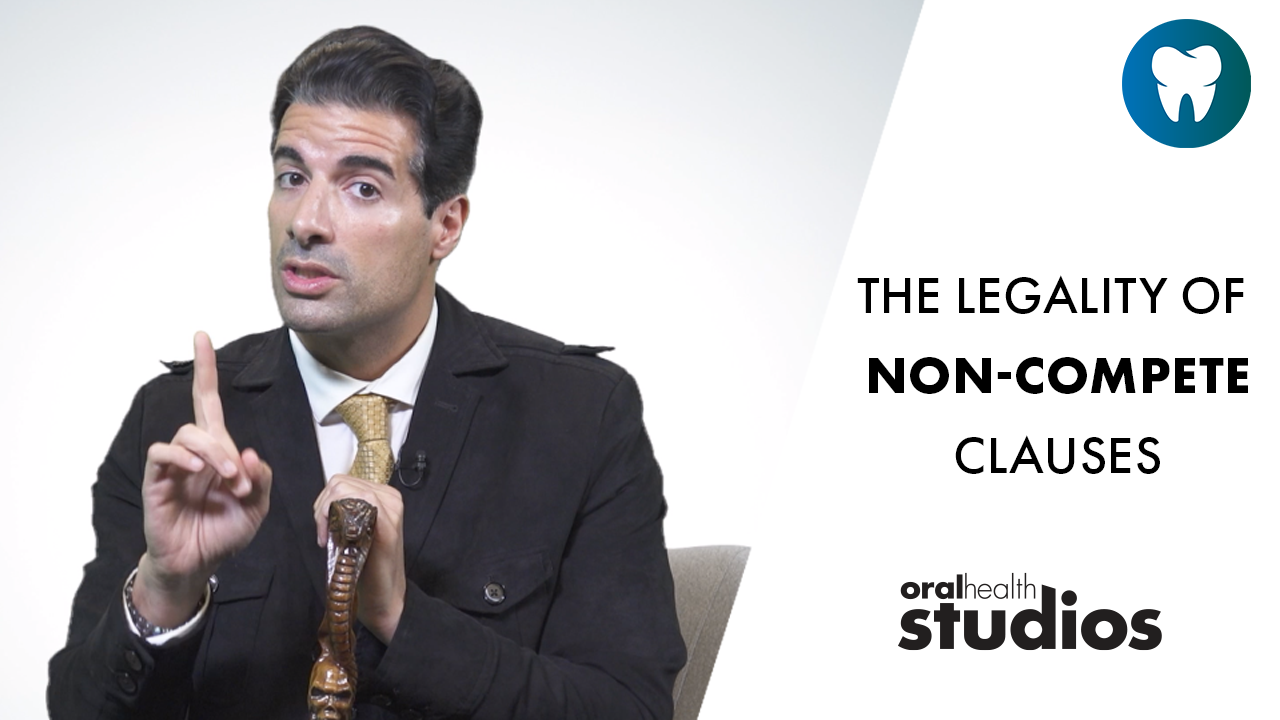There has been much debate over the pros and cons of incorporating dental practices and some accounting, legal and tax professionals have, for various reasons, taken the position that such a strategy is advantageous in limited circumstances.
If you have (after obtaining proper advice) decided that incorporation is worthwhile, there are a number of trips and traps to watch for, as the smallest error can result in costly and frustrating delays.
The process of incorporating and establishing a professional practice involves: 1) incorporation with the Ministry of Consumer and Business Services and 2) obtaining a Certificate of Authorization from the RCDSO permitting you to practice as a corporation.
The combined effect of the Business Corporations Act (Ontario), the Regulated Health Professions Act and By-law No. 10 of the RCDSO make for an applicant’s minefield.
Incorporation
The name of the corporation must conform with the following requirements:
1. The words “Dentistry Professional Corporation” must be included, as a continuous phrase and in exactly the order set out (there are some exceptions regarding the use of punctuation within this phrase, but it is advised to seek advance approval from the RCDSO).
2. The last name of at least one shareholder must be included.
3. The given name and / or one or more initials of the named shareholder or shareholders may also be included.
4. No information other than the above may be included.
5. The corporation shall not have a number name.
The articles of incorporation registered with the Ministry of Consumer and Business Services must expressly provide that the corporation “may not carry on a business other than the practice of dentistry or activities related to or ancillary to the practice of dentistry.”
It is also important to note that the shares of the corporation cannot be held by any person other than a current member of the RCDSO. Further, the directors of the corporation must also be shareholders (and therefore members of the RCDSO).
Application for certificate of authorization
Once you have incorporated, you must apply to the RCDSO for a Certificate of Authorization to practice as a corporation. Failing to follow the RCDSO application steps meticulously will likely result in your application being returned for correction (or possibly re-execution) and re-filing.
The RCDSO application requires accurate and complete information on the practice location(s), the shareholder(s) and director(s). Additionally, Undertakings and Statutory Declarations, must be given and sworn by the shareholders and directors of the corporation. All materials must then be submitted in a timely fashion to the RCDSO, along with notarized copies of the Certificate of Incorporation and Articles of Incorporation, as well as an original (and current) Certificate of Status from the Ministry of Consumer and Business Services.
According the RCDSO, the more common errors in applications include:
1. Stale-dated Statutory Declaration (which must be executed not more than 15 days before the application is submitted to the Registrar of the RCDSO).
2. Stale-dated Certificate of Status (which must be issued by the Ministry of Consumer and Business Services not more than 30 days before the application is submitted to the Registrar).
3. Undertaking and Statutory Declaration execution irregularities (e.g. dates, signatures, witnesses and commissioning).
4. Photocopied or scanned applications.
5. Missing notarial seals.
6. The use of the word “dental” in the corporation name (Schedule 1 of the Regulated Health Professions Act describes the profession as “Dentistry” and By-law No. 10 of the RCDSO expressly requires the use of the term).
7. The use of the abbreviated term “Corp.”
8. Adding the word “Inc.”
9. Use of prohibited punctuation.
Other details
In addition to the above, other documentation will be required to, among other things, convey the assets of the practice to the corporation, assign the premises lease (if any), transfer employees and notify suppliers and patients of the incorporation.
Moving forward (renewals)
In addition to the initial application fee of $750.00, there is an annual renewal fee, which is currently $200.00 and payable on or before August 31st of each year, regardless of when you first obtained your Certificate of Authorization. This too requires the filing of an application along with certain prescribed documents.
Incorporation of your dental practice can be worthwhile, but if you should decide to do so, the process can be time consuming, tedious and frustrating, if the steps are not followed exactly. Legal and accounting advice is a strongly recommended.
John McMillan, LL.B. is a Toronto corporate/commercial lawyer serving medical and dental professionals.









